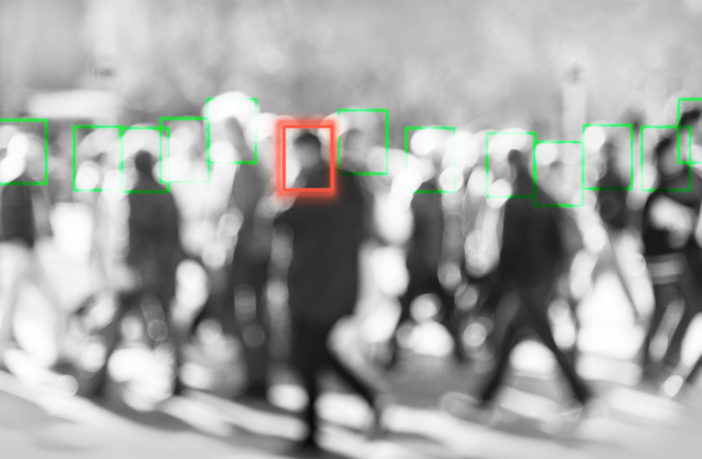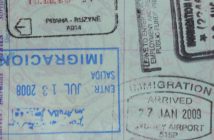Despite knowing of an ongoing campaign by China’s government to steal American research and intellectual property from universities, federal grant-making agencies “did little to prevent this from happening” over the last two decades, concluded a bipartisan Senate Homeland Security Committee report issued this week.
Released Monday by the Permanent Subcommittee on Investigations, the report exposes the Chinese government’s ongoing campaign to recruit and pay U.S.-based researchers and scientists to provide the communist nation with intellectual capital. The end result is that “American taxpayer funded research has contributed to China’s global rise over the last 20 years” while universities and the federal agencies who provide them with research grants or provide visas to foreign nationals have failed to monitor the recipients of those grants.
The roots the problem date to 2008 when China has launched more than 200 so-called talent recruitment plans, including the Thousand Talents Plan, to fulfill its goal of becoming the global leader in science and technology. As of 2017, China has recruited more than 7,000 professionals, including Nobel laureates, to steal American economic and military research.
According to congressional investigators, even when the FBI uncovered incidences of China-affiliated researchers making false grant applications, many grant-making agencies, such as the National Institutes of Health (NIH) and the National Science Foundation (NSF), took little action to tighten vetting procedures. For example, the NIH’s vetting guidelines for peer reviewers suggests “reviewing the first page of results from a Google search,” rather than comparing data with law enforcement databases.
None of the government officials who testified at a subcommittee hearing on Tuesday said they had a clear grasp of the problem of intellectual theft. Michael Lauer, NIH’s deputy director of the office which provides the framework for NIH research administration, told the senators he was unaware of the “scope” of the problem, but did disclose that NIH has identified at least 140 individuals “of concern.”
While the State Department currently has a process in place to review applicants for non-immigrant visas (NIVs), Edward J. Ramotowski, the department’s Deputy Assistant Secretary for Visa Services, told the subcommittee that their authority to deny visas is limited. He said that consular agents can deny a visa if there is suspicion of potential trafficking of goods on the export control list, but cannot deny an application “on national security grounds if they have reason to believe that the visa applicant seeks to enter the United States to lawfully gain knowledge through work or study.”
And when those applicants do gain entry to the U.S., the State Department does not systematically track visa applicants. As the Senate report notes, the September arrest of Chinese national Zhongsan Liu on charges of conspiring to fraudulently obtain research scholar visas for Chinese government employees “shows that Chinese government officials are aware of State’s weakness in screening certain types of visas, particularly student and researcher scholar visas.”
It would have been unthinkable during the Cold War to do bring Russian students to the U.S. so they could study at top research institutes and academic institutions, but that is what the government is doing.
According to the newly-released Open Doors report, which uses State Department data, China comprises almost 34 percent of all international students in the U.S. and their numbers even saw a 1.7 percent increase in 2018-2019 compared with the previous academic year. Those figures counter the claims made by opponents that increased scrutiny is having a chilling effect on enrollment, which university faculty argue is resulting in revenue losses.
But about the cost of doing nothing? According to the Commission on the Theft of American Intellectual Property, the American economy loses up to $600 billion annually from pirated software, counterfeit goods and the theft of trade secrets.
It does not take a rocket scientist to realize that ignoring the threat was never – and is not now – an effective counterstrategy to massive theft of American intellectual property.




